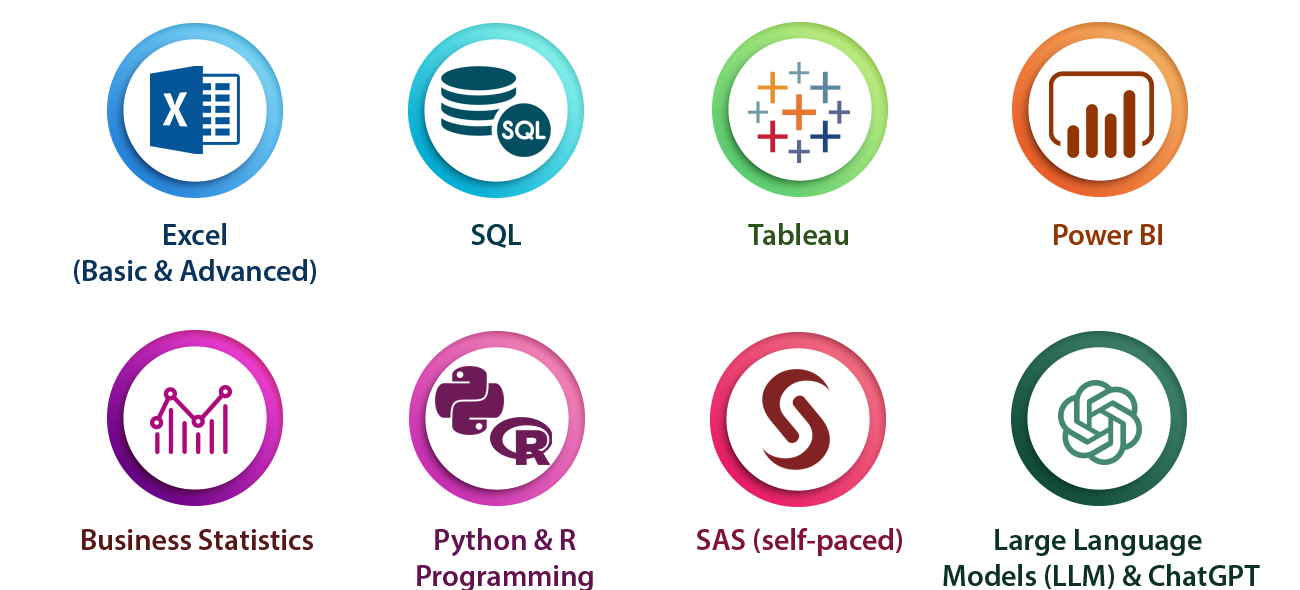 With its burgeoning population and rapid urbanisation, Mumbai needs help managing its water supply efficiently. Data analysts, equipped with the skills acquired from a Data Analytics Course in Mumbai, can be crucial in optimising water distribution, ensuring that this vital resource is used sustainably and equitably.
With its burgeoning population and rapid urbanisation, Mumbai needs help managing its water supply efficiently. Data analysts, equipped with the skills acquired from a Data Analytics Course in Mumbai, can be crucial in optimising water distribution, ensuring that this vital resource is used sustainably and equitably.
Understanding Consumption Patterns
One of the first steps in optimising water supply is understanding consumption patterns. Through a Data Analytics Course in Mumbai, data analysts learn to collect and analyse data from various sources, including household usage, industrial demand, and seasonal variations. By identifying these patterns, analysts can predict peak usage times and allocate resources accordingly. This predictive capability helps minimise water shortages and ensures a steady supply throughout the city.
Leak Detection and Management
Leaks in the distribution system cause significant water loss. Data analysts trained through a Data Analytics Course in Mumbai can use advanced data analytics techniques to detect and manage these leaks. Analysts can identify unusual patterns that indicate leaks by analysing data from sensors and meters installed in the water supply network. Early detection allows for prompt repairs, reducing water wastage and ensuring more water reaches the end users.
Demand Forecasting
Accurate demand forecasting is essential for efficient water management. A data analyst course teaches analysts to use historical data, weather patterns, and population growth trends to forecast future water demand. By understanding how demand fluctuates, particularly during dry seasons or monsoon periods, authorities can plan and implement measures to ensure adequate supply. This proactive approach helps avoid shortages and provides a balanced distribution of water.
Optimising Distribution Networks
Water distribution involves complex networks of pipelines, reservoirs, and treatment plants.
With skills gained from a data analyst course, data analysts can optimise these networks for maximum efficiency. Analysts can identify bottlenecks and inefficiencies by analysing data on flow rates, pressure levels, and water quality. They can then recommend adjustments to improve the flow and reduce energy consumption, ultimately leading to cost savings and a more reliable water supply.
Water Quality Monitoring
Ensuring the quality of water is as important as ensuring its availability. Data analysts can use data from various sensors and monitoring devices to track water quality parameters such as pH, turbidity, and contamination levels. A data analyst course equips analysts with the skills to interpret this data and identify potential issues before they become widespread problems. Public health is safeguarded by maintaining high water quality standards, and confidence in the water supply system is maintained.
Customer Insights and Behavior Change
Understanding customer behaviour and encouraging water-saving practices are crucial for sustainable water management. Data analysts can segment the population based on usage patterns and identify areas where water-saving initiatives can have the most impact. A data analyst course teaches techniques for analysing consumer behaviour and designing targeted campaigns. By promoting water conservation through data-driven insights, authorities can encourage a culture of accountable water usage among Mumbai’s residents.
Resource Allocation and Crisis Management
In times of crisis, such as droughts or infrastructure failures, efficient resource allocation is critical. Through the training received in a Data Analytics Course in Mumbai, data analysts can develop models to allocate resources where they are needed most. By simulating various scenarios and their impact on the water supply, analysts can help authorities make informed decisions quickly. This ability to respond effectively to emergencies ensures that the disruption to the water supply is minimised even during crises.
Conclusion
Data analysts can revolutionise water supply management in Mumbai. Through the comprehensive training provided by a Data Analytics Course in Mumbai, they can analyse consumption patterns, detect leaks, forecast demand, optimise distribution networks, monitor water quality, gain customer insights, and manage resources during crises. By leveraging the power of data analytics, Mumbai can ensure a more sustainable, efficient, and reliable water supply for its growing population.
Contact us:
Name: ExcelR- Data Science, Data Analytics, Business Analytics Course Training Mumbai
Address: 304, 3rd Floor, Pratibha Building. Three Petrol pump, Lal Bahadur Shastri Rd, opposite Manas Tower, Pakhdi, Thane West, Thane, Maharashtra 400602
Phone Number: 09108238354
Email ID: [email protected]
